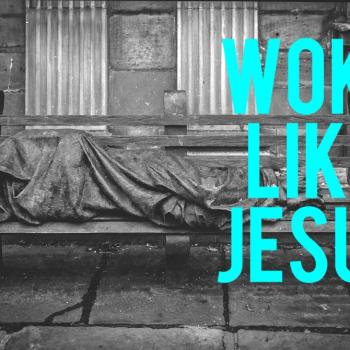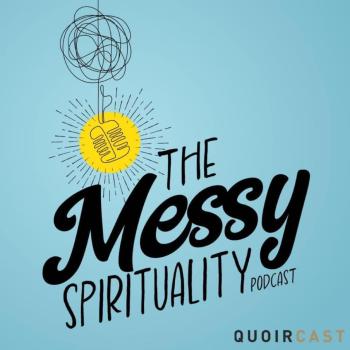As the COVID-19 pandemic continues to spread like wildfire across the United States, many local health officials and government leaders are mandating that their citizens wear masks when outside of their homes and restrict non-essential activities that might put people in close proximity to one another and risk spreading the virus. Of particular concern are “super-spreader” venues like bars, funeral homes, and churches.
Religious Persecution?
Obviously, no one enjoys being told where they can go and what they are allowed to do by the government. Most U.S. Americans take their freedoms seriously–especially when it comes to matters of faith. Some U.S. churchgoers are vehemently opposed to the government restricting churches from holding gatherings–even during the pandemic. Some are having a downright visceral reaction angrily pledging to continue meeting in spite of government restrictions. The controversy has given rise to a fresh round of claims of religious persecution. Even the President is joining the choir of people decrying prohibitions against church gatherings going so far as to claim that should Joe Biden win the presidential election in November, “religion will be gone“. Trump points to recent COVID-19 restrictions on worship services as proof that Democrats are anti-religion. That’s an interesting claim considering the fact that all of the COVID-19 era restrictions on religious freedom are happening while Trump himself is President.
The Desiring God website published a guest post yesterday by The Gospel Coalition’s Managing Editor Matt Smethhurst arguing that Christians must gather for worship services, even in the midst of a pandemic. Smethhurst calls this “the ministry of attendance”.
All of this begs the question, just how essential are church gatherings to the Christian faith? After more than twenty years of local church ministry, my answer is: “not very”.
What is Essential?
The Sunday morning gathering–featuring congregational singing, a lengthy sermon, and public prayers taking place in a large building designated specifically for those purposes–is a thoroughly modern invention that would be unrecognizable to first century Christians. Christianity thrived for centuries without large scale weekly gatherings. In the early church the focus seemed to be more on shared meals, ministry to the economically challenged, private prayer, and interpersonal relationships shared in homes and smaller settings.
Since the time of Constantine, however, large gatherings with public expressions of faith have largely come to define Christianity in the eyes of many. Once Christianity became the state religion of the world’s most dominant empire, the prevailing mentality seemed to become “the bigger the better”–a mindset still very much on display in the modern megachurch age. Can anyone imagine Jesus of Nazareth frequenting our modern church sanctuaries with our flags of empire and million dollar budgets for staff and programs primarily for the benefit of the membership?
Redefining Essential
The modern Sunday morning worship gathering is not essential to genuine Christian faith. The Christian faith is rooted first and foremost in the life and ministry of Jesus of Nazareth. We can faithfully follow His call to pray, bear each other’s burdens, forgive one another, feed the hungry, care for the oppressed, and love our enemies without sermons and songs. While I’m grateful for the inspiration and encouragement offered during Sunday morning gatherings, they are no substitute for day to day lives lived in Christ-centered community. In the midst of a viral pandemic, there is simply no excuse for large gatherings of people singing and releasing such significant viral load potentially spreading the virus and potentially killing the most vulnerable among us–many of whom are the most faithful members of local churches. Sometimes, loving our neighbors looks like wearing a mask, praying at home, and maybe getting some pastoral encouragement online rather than in person.
Of course, spending time with one another in genuine relationship is absolutely essential to a vibrant faith. During the ongoing pandemic, however, we might have to get creative about how to go about that without endangering those we love.
I’d love to hear from you on this subject in the comments. Are you attending in person worship gatherings during the pandemic? If so, why is it worth the risk to you? For those who have chosen not to attend in-person gatherings during the pandemic, how did you come to that decision and do you miss physically attending?













